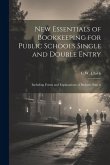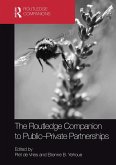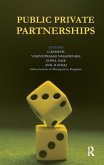Schools producing academic excellence are made up of more than just a school, learners, teachers and parents. Rather, they pull throughout the ecosystem creating a thriving network of actors centered on building the best learning opportunities for learners. Creating effective school business partnerships is critical and useful for public schools in particular, to produce and sustain academic results. In Sub Saharan countries and poor countries of the world, school business partnership is the panacea for eradicating inequities, lack of education access, maximising opportunities, ending poverty and providing decent quality public education for all. As COVID19 has pushed back the boundaries that existed for a long time and brought in innovative technological tools that reached broadly children of marginalised sectors of the society, the research work whets the appetite to reimagine the traditional ways of school business practices. The work explores and examines working across sectors, creating a network of sectors that collaborate and partner for creativity, producing genius for better school outcomes. Creativity is a team sport indeed, even in the education sector it is true unless if the society choose the route to perish and our children underperform in literacy and numeracy in primary and secondary schooling. The study recommends collaborative structures, teams, processes, tools for innovation to make learning more accessible and equitable to all.
Hinweis: Dieser Artikel kann nur an eine deutsche Lieferadresse ausgeliefert werden.
Hinweis: Dieser Artikel kann nur an eine deutsche Lieferadresse ausgeliefert werden.








